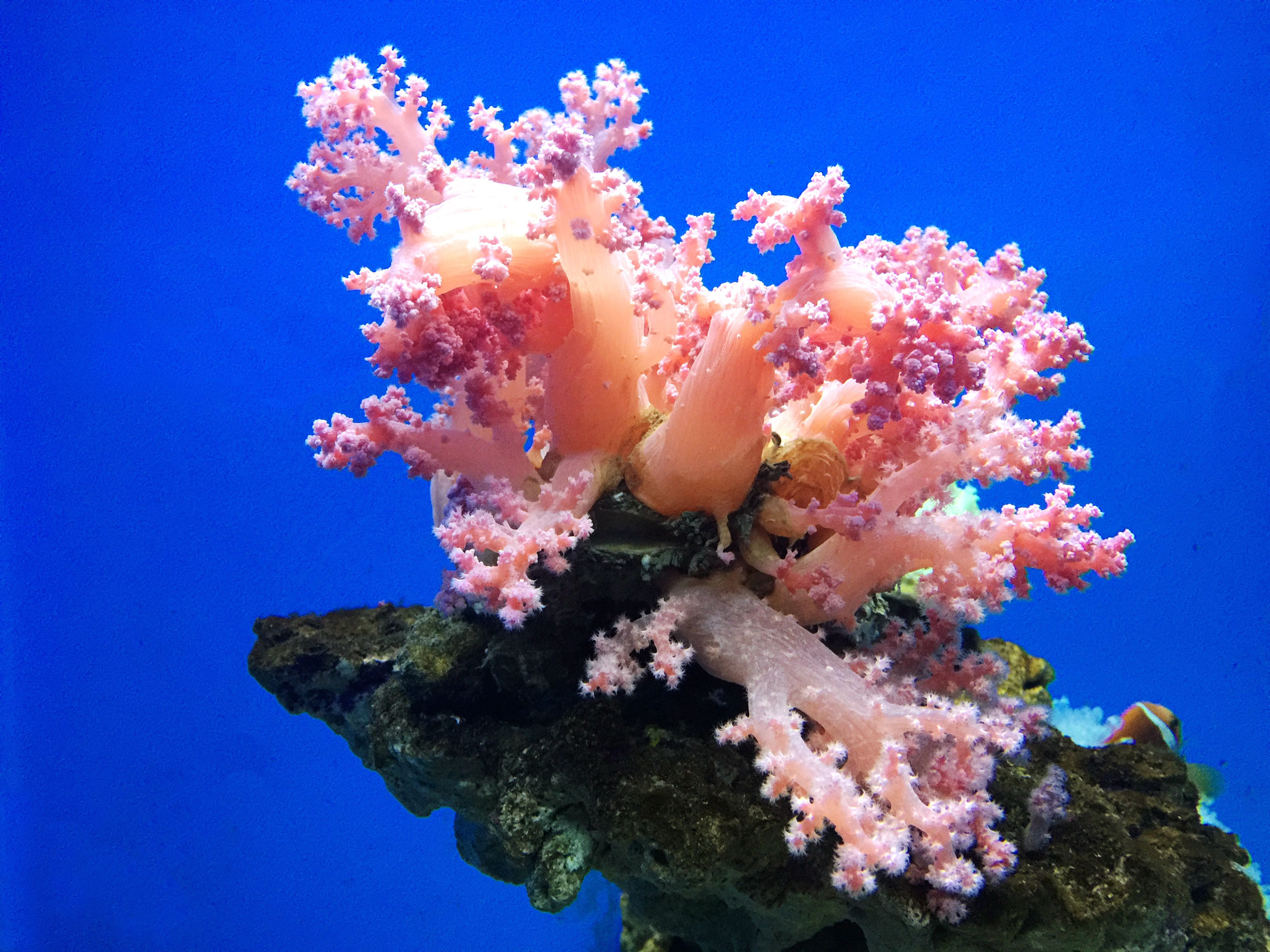Reef aquariums are a popular way to bring a piece of the ocean into your home. One of the most beautiful and fascinating inhabitants of these tanks are the corals. However, not all corals are the same, and some require special care and attention. Cartilaginous corals, also known as soft corals, are one such group that needs specific feeding considerations.
Firstly, it is important to understand what cartilaginous corals are and how they differ from other types of corals. Unlike hard corals, which have a hard calcium carbonate skeleton, cartilaginous corals have a soft, flexible skeleton made of a protein called gorgonin. This means that they are not able to build the same kind of structures that hard corals can, and therefore require different feeding strategies.
One of the most important considerations when feeding cartilaginous corals is the type of food that they require. Unlike hard corals, which obtain much of their energy from photosynthesis, cartilaginous corals are not able to produce their own food. Instead, they rely on capturing tiny planktonic organisms from the water column. This means that feeding them with the right type of food is essential for their health and growth.
Another important consideration is the type of sea salt that you use in your aquarium. Cartilaginous corals require a high-quality marine salt mix that contains all the necessary trace elements and nutrients that they need to thrive. Using a low-quality or incomplete salt mix can lead to deficiencies that can negatively impact the health of your corals.

Important Considerations for Feeding Cartilaginous Corals with Aquarium Sea Salt
In addition to providing the right type of food and sea salt, it is also important to maintain good water quality in your aquarium. Cartilaginous corals are sensitive to changes in water chemistry, so it is essential to monitor parameters such as pH, alkalinity, and calcium levels. Regular water changes and the use of a good quality protein skimmer can help to maintain stable water conditions.
In conclusion, feeding cartilaginous corals in your aquarium requires careful consideration of their specific needs. By providing the right type of food, using a high-quality marine salt mix, and maintaining good water quality, you can help your corals to thrive and grow in your reef tank. With the right care and attention, these fascinating creatures can provide years of enjoyment and beauty in your home aquarium.